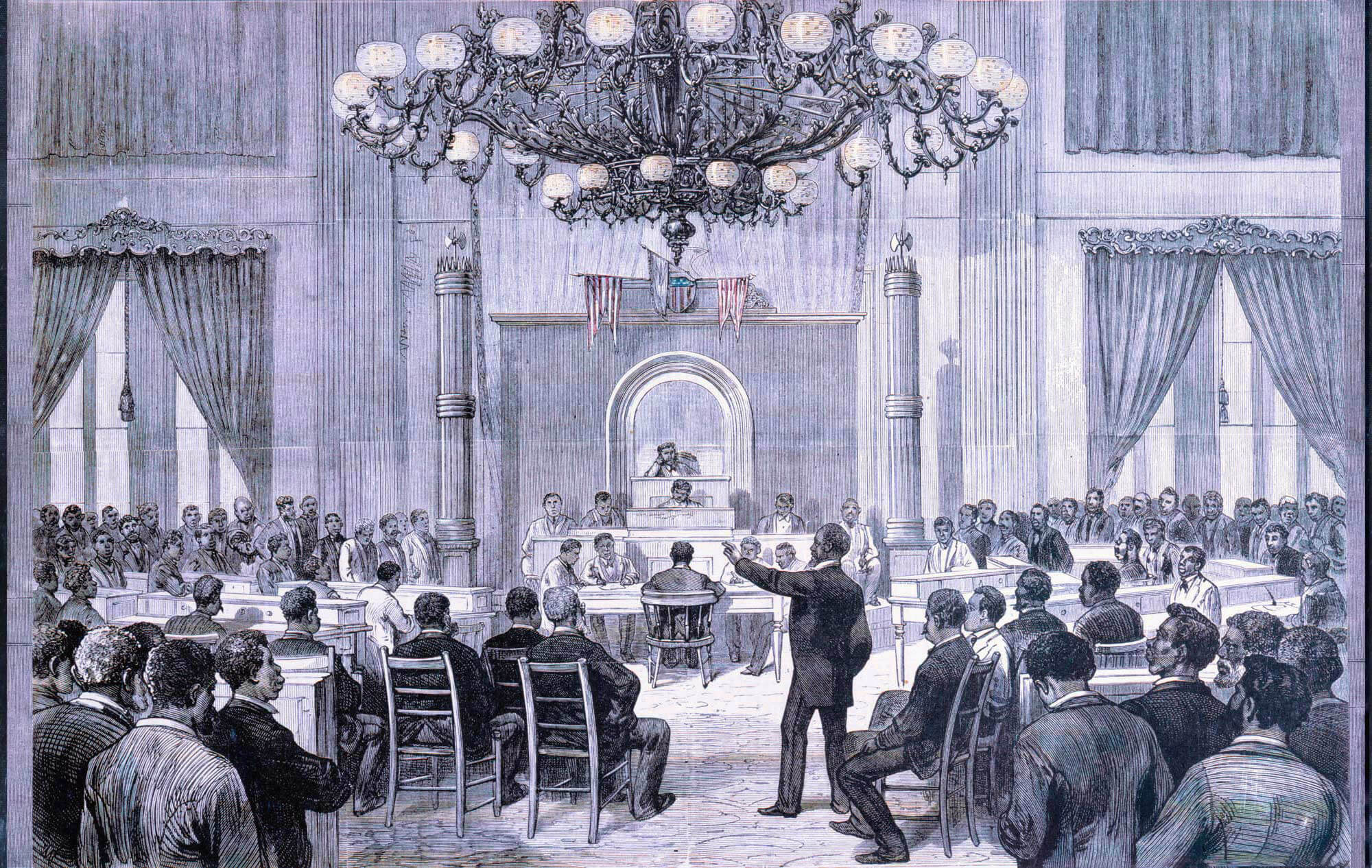We are thrilled to announce that Joseph Williams and Jessica Wicks-Allen will join the Richards Center in August 2022 as postdoctoral fellows. Joseph will be the Richards Center/Africana Research Center Postdoctoral Scholar in African American History and Jessica will be the Richards Center Postdoctoral Scholar in the Civil War Era. We are excited to welcome both of these scholars to Penn State and the Richards Center, and look forward to helping them further their important work.
Joseph Williams is a PhD candidate at Rutgers University and an historian of the nineteenth and early twentieth centuries with research interests in Black intellectual history, Black women’s history, and the history of American religious reform. His dissertation, “Black Club Women, the Production of Religious Thought, and the Making of an Intellectual Movement, 1854-1933,” examines Black women’s conceptualization of the immaterial as well as the pluralistic approach they employed to launch an intellectual movement in the Black community. His work has been recognized by several institutions, including the American Council of Learned Societies, the Institute for Citizens & Scholars, the Louisville Institute, and the Ford Foundation. Joseph also runs The Eulogy Project, a digital humanities initiative dedicated to the preservation of eulogies and other forms of tributes produced in honor of African Americans.
Jessica Wicks-Allen is a PhD candidate in History at the University of Maryland. She is a specialist in nineteenth-century African American history with particular interest in Black women, slavery, emancipation, the Civil War, and Reconstruction. Her dissertation titled “‘If I Am Free My Child Belongs to Me’: Black Motherhood and Mothering in the Era of Emancipation,” investigates how mothering, motherhood, and the ability to bear children shaped Black women’s transition from slavery to freedom in the U.S. South. The project traces how pregnant women and women with children fit into the new free-labor system, navigated involuntary child apprenticeship, negotiated custody and childrearing responsibilities with the fathers of their children, and established broader systems of support. It also seeks to unearth freedpeople’s own constructions of motherhood by examining their attitudes toward childbirth and motherhood, Black communities’ notions of proper mothering, and the roles of mothers and their children at various stages in their life cycles. In her scholarship, Jessica not only strives to bring Black mothers from the margins to the center of the historical narrative but to narrate the history of emancipation from their vantage and to reconstruct the gendered world in which they lived and labored. Her work has been supported by the American Philosophical Society and the Society of Civil War Historians.

